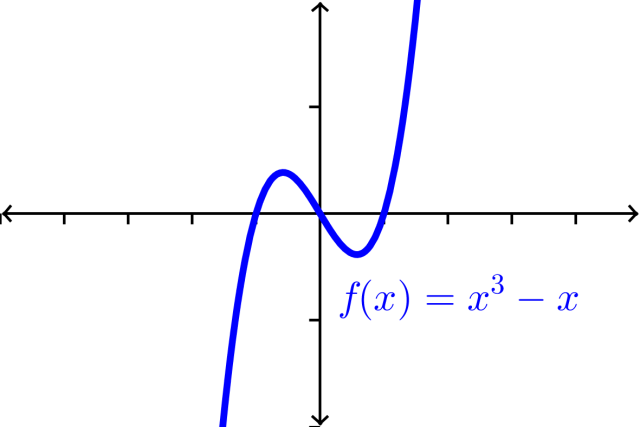Dear colleague,
This year I've worked with several partner schools to help The Will to Learn take root in their schools. In each one, there's this inflection point that happens where folks have tried Moments of Genuine Connection (MGCs) for a bit — printed their rosters, started keeping track, grappled with the exhaustion — and this resistance starts happening.
(I say “resistance” in the Steven Pressfield sense. If you haven't read his The War of Art, it's super good as a metaphor for teaching, parenting, living, etc.)
Here's what the resistance sounds like:
- I already do this. Why do I need to keep track?
- I don't have time to do this.
- I did the MGCs. Now what?
- What counts as an MGC?
And here's what the resistance feels like:
- Exhaustion
- Pressure
- Apathy
- Anger
The good news is, it's an inflection point — a momentary pause in upward progress, a brief decline before another rise if you keep going.

To help these schools with the MGC inflection point, I like to do a few things:
- Surface the questions, the pushback, the hard feelings. I ask, “What's getting in the way of MGCs? What's confusing? What's annoying?”
- Surface the rationale. I ask, “What's one positive thing you've seen an MGC do so far?” I tell stories from my own practice. I point out that these aren't silver-bullet-fix-all transformations; they are instead movements in the right direction.
- Clarify the practice. Having seen MGC-tracking tried and failed in my own classroom and countless others, here are some helpful clarifiers.
What the heck is an MGC?
- It's an interaction with a student where you're TRYING TO COMMUNICATE that you value, know, or respect them. You have a main intention in the interaction: I see you. I respect you. I value you.
- You're going out of your way to do this. It's not one of those moments where the kid comes up to you and tells you about his game last night and you listen and say, “That's cool.” It's instead one of those moments where you go up to the kid and ask them how the game went last night. YOU thought of THEM.
- They don't need to be LONG or AMAZING or DEEP. They just need to be intentional.
- Try to do two to three per class, per day. At first this feels onerous, but eventually it can become a habit that you don't even need to work that hard to enact.
Trying to embrace the inflection points right beside you, colleague,
DSJR
P.S. To explore a DSJR partnership with your school, be in touch here.
Claire L Holman says
I am not familiar with all the education acronyms. I don’t see where you define MGC. Still wondering what it means.
Dave Stuart Jr. says
My apologies, Claire! Here you are: https://davestuartjr.com/tracking-attempted-moments-of-genuine-connection-mgc-dsjr-one-stop-shop-2/
I’ve updated the article as well